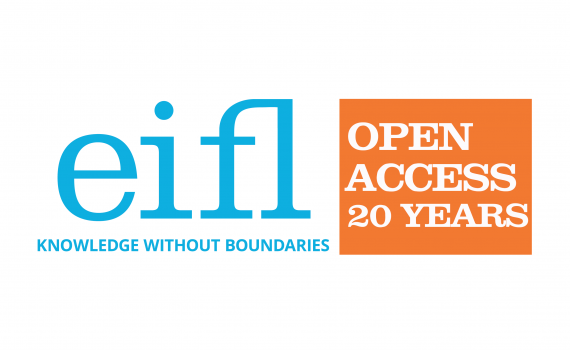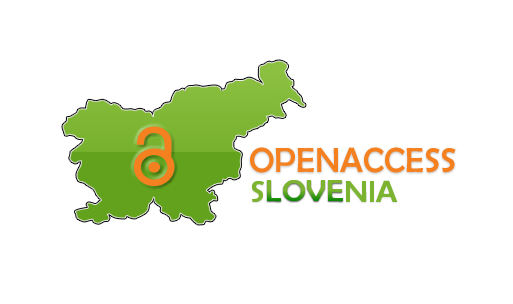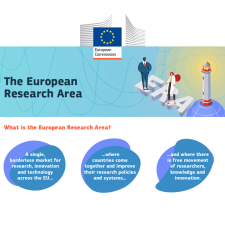
Open access started in Slovenia in 2010, with awareness raising. Today, open access and open science are driving reform of institutions, writes Mojca Kotar from the University of Ljubljana.
Open access activities started in Slovenia around 2010, mostly with events organized to raise awareness.
The national and institutional strategy and policy framework
In 2015, the Government of the Republic of Slovenia adopted the national open access strategy 2015-2020, which is fully aligned with Horizon 2020 European Commission Research Framework Programme provisions on open access.
Today open science provisions in Slovenia are fully aligned with Horizon Europe (the current European Commission Research Framework Programme) provisions on open science. They are included in the Resolution on the Slovenian Scientific Research and Innovation Strategy 2030, the Scientific Research and Innovation Activities Act and the Decree on performing research activities according to the principles of open science.
A very important development is a January 2023 call by the Ministry of Higher Education, Science and Innovation for transformation of public research organizations according to the principles of open science. 21 universities, institutes and the Central Technical Library established a consortium covering more than 90% of public research organizations in Slovenia. The consortium project, titled 'Support for implementation of open science principles in Slovenia', was chosen for funding from the national Recovery and Resilience Plan in the amount of 4 million EUR (for the period 2023-2026).
Another important development was the January 2023 revision of the ‘Rules on conditions for providing library public service’. The rules now require higher education libraries to ensure open access to final works of studies and publications of employees of higher education institutions. A library has to comply with the provisions of this act to be publicly funded.
At the University of Ljubljana, open science is included in the Statutes and in the Strategy 2022-2027. PhD students need to prepare a research data management plan for FAIR (Findable, Accessible, Interoperable and Reusable) data, as open as possible, as closed as necessary.
Universities, research institutes and a national funder have joined the Coalition for Advancing Research Assessment (CoARA), that sets a shared direction for changes in assessment practices for research, researchers and research performing organizations, with the overarching goal of maximizing the quality and impact of research..
The Slovenian Community of Open Science was established in 2022 to promote and support development of open science.
Infrastructure development and publishing
“Slovenia is really grateful to EIFL which has brought open access to Slovenia 15 years ago, also with funding establishment of the Open Access Slovenia portal with information on open access. Very much appreciated are also the benefits that Slovenia is entitled to as an EIFL country in transformative agreements with publishers.” - Mojca Kotar, University of Ljubljana.
In 2013, universities established national open access infrastructure with institutional repositories and the Open Science Slovenia portal, which now enables deposit and access to publications, research data and other types of research results. Research libraries support open access and mediate deposit in institutional repositories.
Universities, research institutes and learned societies publish more than 140 peer reviewed open access journals.
In addition, the Consortium of Slovene Electronic Collections (COSEC), EIFL’s partner library consortium, has signed eight transformative agreements with publishers which enable corresponding authors to use Article Processing Charge (APC) vouchers to publish open access articles for free or at discounted prices, mostly in subscription journals.
These developments have increased awareness about open access and open science over the past 15 years - although there is still a lot to do. Openness of research results (publications, research data) is increasing, thereby enabling advancement of science and society as well as more efficient use of research funding. Members of the public and citizens have opportunities to participate in research in different roles, and their participation is slowly increasing.
More about EIFL’s support for open access and open science in Slovenia.
SHARE / PRINT







